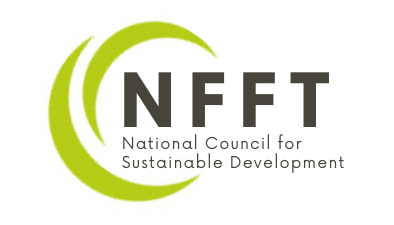Legal system, laws and strategies - NCSD
Legal system, laws and strategies
The first National Sustainable Development Strategy (NSDS) of Hungary was accepted by the government in June 2007. The main objective of the National Sustainable Development Strategy is to help shift domestic social, economic, and environmental processes (these priority fields are equal to the dimensions of the SD), i.e. Hungary’s development onto a path that is sustainable in medium and long-term, taking into account both domestic realities and external and global processes and conditions. The Strategy has been worked out with a view to the guiding principles and key objectives laid out in the EU’s Sustainable Development Strategy. Since Hungary’s Strategy integrates domestic sectors, it is coherent with the goals of sectoral strategies and programmes.
After the establishment of the National Council for Sustainable Development by the National Assembly in 2008, the Parliament also adopted a decree on the renewing process of NSDS. The renewed SD strategy was prepared in a wide based public consultation process from 2009 to 2012. In March 2013, the Hungarian Parliament adopted the new National Framework Strategy on Sustainable Development (NFSSD) for the period 2012-24. However the adaptation of this national framework strategy was earlier than the adaptation of the Agenda 2030 (the Sustainable Development Goals) by the UN’s General Assembly, the Hungarian national SD framework strategy is containing all relevant implementation linkages to the SDG’s. The compliance was analysed in the 2015 Progress Report of the NFSSD.

